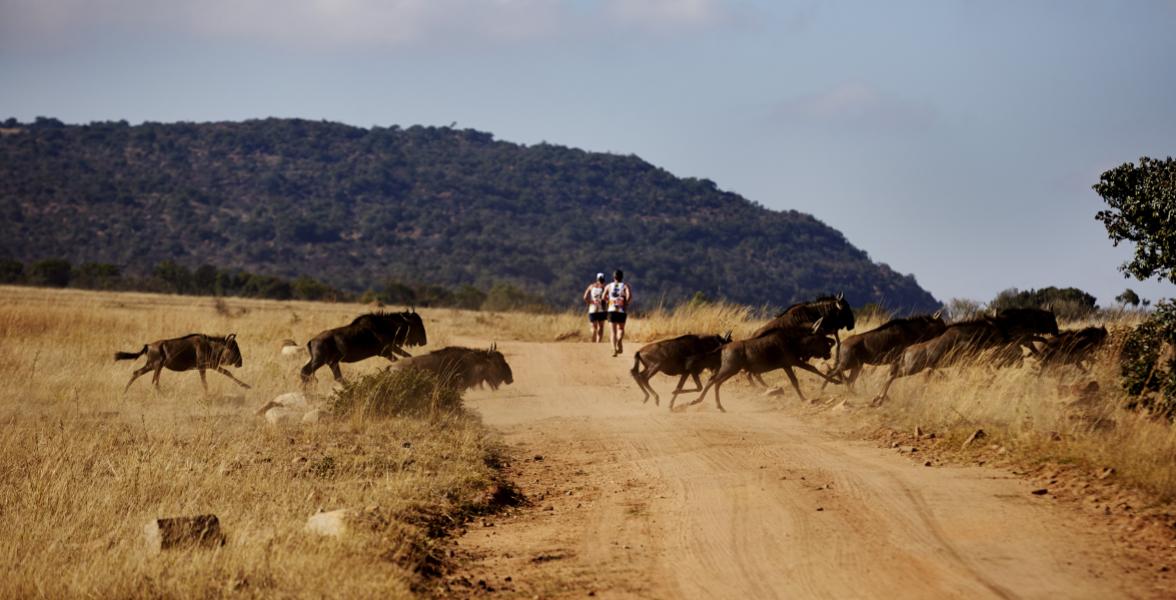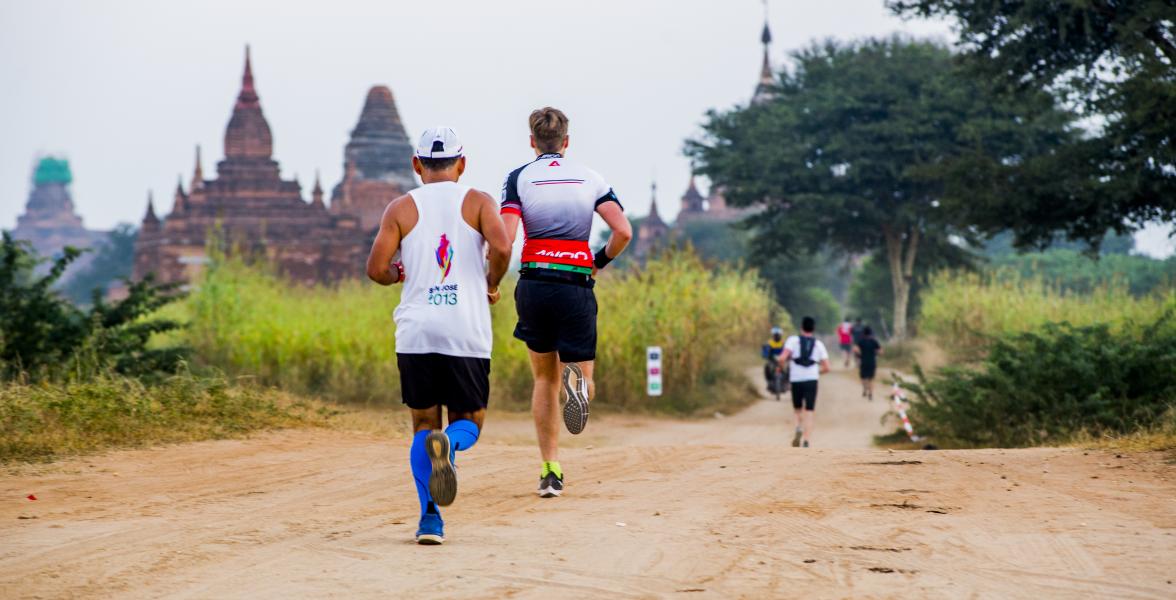What is an adventure?
The definition of adventure is an exciting or remarkable experience.
When people are asked what they associate with an adventure, you will often hear the words exciting, brave, risky, new, fun, daring, stimulation. The thing that stands out the most are the positive connotations that come with it. It's also worth noting that an adventure is something that lasts a finite period of time, it cannot go on forever, in other words, a “short but sweet” experience.
For the great majority of people who are trapped behind a desk working nine to five, five days a week, life can get pretty mundane. I’m sure some of you can relate to that feeling of being stuck in a rut and the burning desire to break away from it.
Rest assured, you are not alone, it’s human nature to seek excitement, just like our need to feel safe. While excitement may be mental, it affects the whole body. In fact, studies have shown that there are numerous physical and mental benefits for those who decide to take on an adventure.

What are the benefits of an adventure?
1. Being more adventurous will make you more resilient.
A study conducted in New Zealand, in which a group of students took part in a 10-day developmental voyage. The study found that when these adolescents were faced with challenges, the skills needed to survive (such as problem solving, teamwork and cooperation) led to an increased self-esteem and resilience.
2. Going on vacation will reduce your stress.
A study conducted in Canada in 2009 took a sample of 887 lawyers who are renowned for having highly stressful work conditions. They asked them to participate in social and active leisure activities or take a vacation, this in turn led to a reduction in depression.
3. Exercising outdoors will improve both your mental and physical wellbeing.
A study carried out by the University of Essex, found that “green exercise” (exercising in nature) fools the mind into feeling less exertion. They found a direct link between the human mind and how the body responds to natural environments, making it the perfect way to get fit.
4. Exercising improves your brain function.
According to this study, aerobic exercise can have positive effects on the left hippocampal volume, by preventing age-related deterioration and maintaining neurons healthy.
5. Trying new experiences will make you happier.
Psychologist Richard Walker found that people who engage in a variety of experiences are more likely to have positive memories and minimize negative ones compared to people who have fewer experiences.

So what are you waiting for? Become a happier, healthier you by looking for your next adventure. Break away from your daily routine and come back mentally and physically refreshed.

